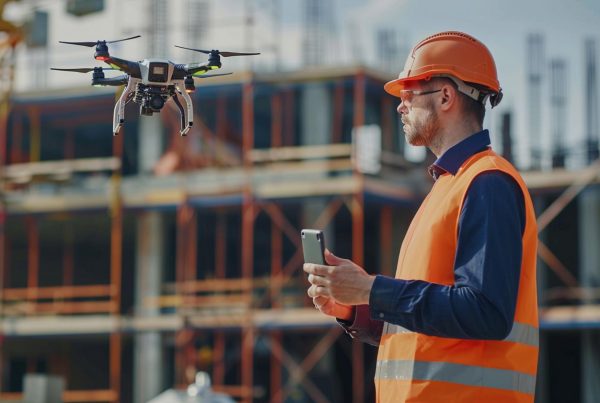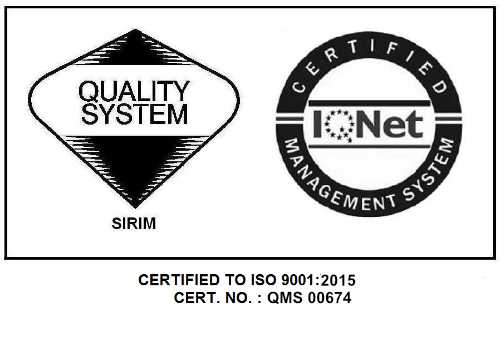
Malaysia is emerging as a leader in digital transformation within the construction sector. According to the “State of Digital Adoption in the Construction Industry 2024” report by Autodesk and Deloitte, Malaysia ranks second in adopting digital technologies among six countries surveyed across the Asia-Pacific region, including Japan, Singapore, and Australia.
The report highlights that Malaysian construction firms utilise an average of 6.9 digital technologies, outpacing the regional average by 50%. This surge is being driven by the country’s increasing focus on integrating advanced technologies into traditional construction practices.
Key technologies driving this transformation include Building Information Modelling (BIM), AI-driven safety systems, and modular construction techniques. BIM, in particular, has revolutionised construction by allowing digital blueprints to be shared among project stakeholders, minimising errors, and enhancing project accuracy.
AI systems are also being implemented for safety monitoring, using real-time data and sensors to prevent accidents and ensure worker safety onsite. Modular construction, where building components are prefabricated in factories before being assembled on-site, significantly cuts project timelines and costs.
Another notable finding from the report is that 23% of Malaysian construction firms’ budgets are allocated to the implementation of new technologies. This demonstrates a clear commitment by the sector to modernise operations and maintain a competitive edge in an increasingly digital world. As Malaysia positions itself as a leader in the region, its construction firms are prioritising technology to improve efficiency and long-term sustainability.
Government policies have also played an integral role in accelerating digitalisation. The Malaysian government’s Construction Strategy Plan 4.0 promotes innovations such as drones, 3D printing, and robotics. These initiatives are designed to boost productivity and reduce reliance on manual labour, further accelerating the adoption of cutting-edge technologies in the construction industry.
Stay tuned for Part 2, where we explore the transformative role of AI and workforce upskilling in Malaysia’s construction sector.














